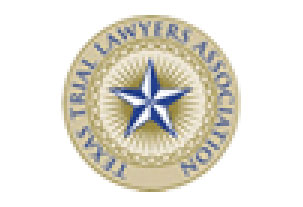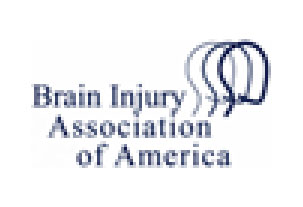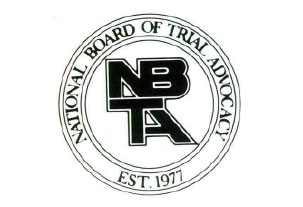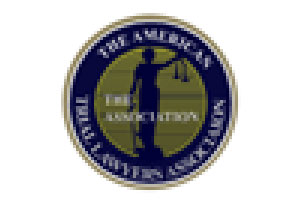A new drug tested on rabbits, administered after birth, could lead to increased motor function for humans with cerebral palsy if further testing yields positive results.
The drug, tested by researchers at the Eunice Kennedy Shriver National Institute of Child Health and Human Development (NICHD) in Detroit, was successful in improving motor skills for rabbits born with cerebral palsy-like symptoms. Until now, most preventative measures against cerebral palsy only worked while the mother was in utero.
Dr. Sujatha Kannan, a study researcher with NICHD, said that these new findings could indicate “a window of opportunity for treatment, even after birth.”
The researchers gave the new drug to one-year-old rabbits with limited muscle movement. Five days later, the rabbits were nearly as mobile as healthy rabbits. Rabbits with similar conditions were given placebos, and their movements did not improve.
Much is still unknown about the drug. The effects may not be long lasting, it may not work as well with humans and it could leave other cerebral palsy symptoms unaffected, such as speech patterns and cognitive development. Another problem is that humans are usually not diagnosed with cerebral palsy until they are two or three years old, in which case it may be too late for the drug to have any positive benefits.
While there is still plenty of research to be done on this new procedure, this is a potential sign of hope for those with cerebral palsy.
Cappolino Dodd Krebs, LLP – cerebral palsy lawyers













